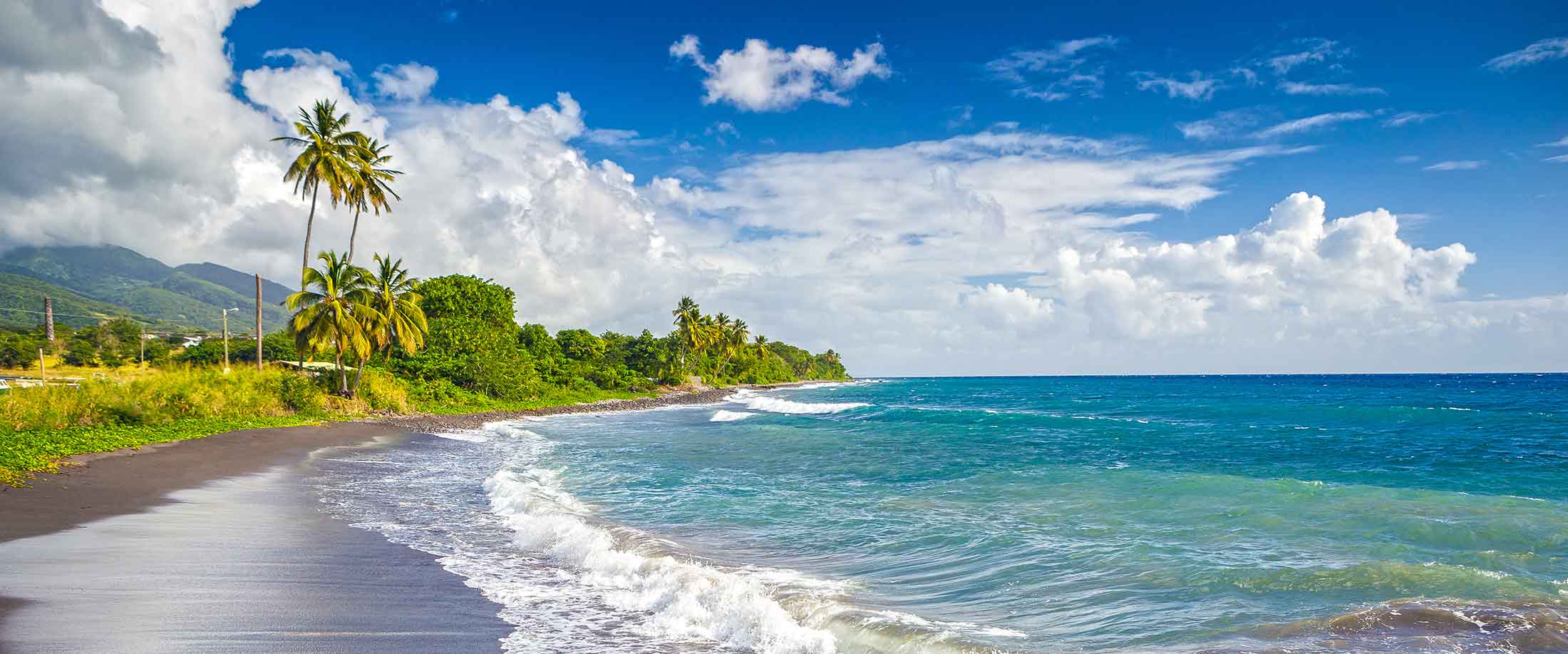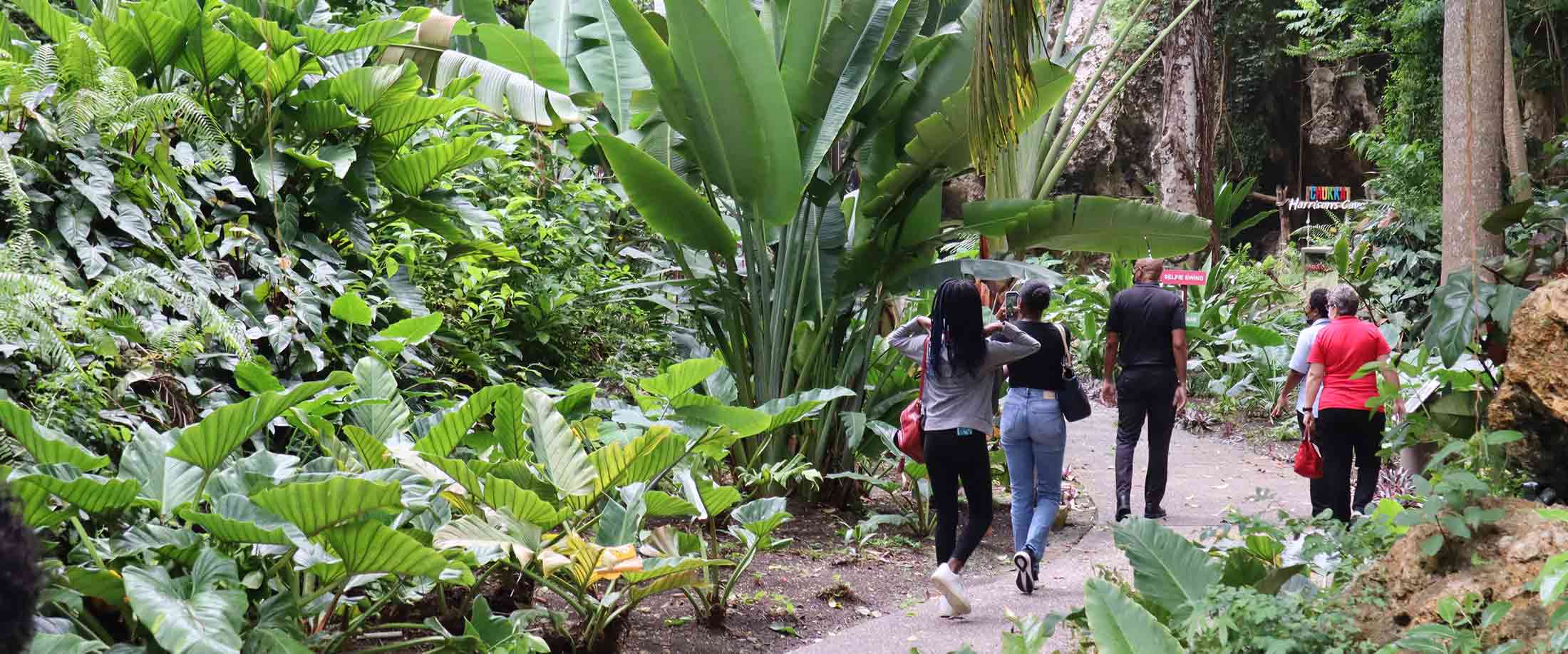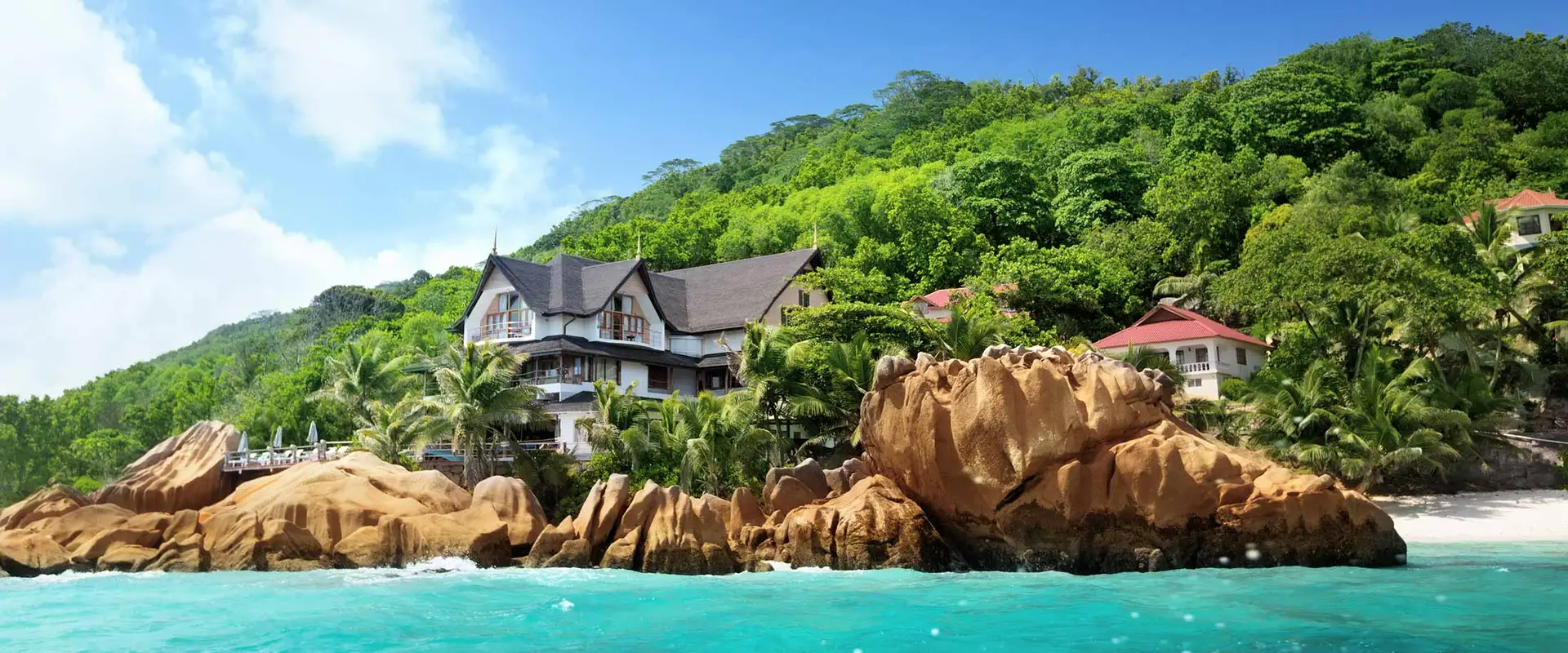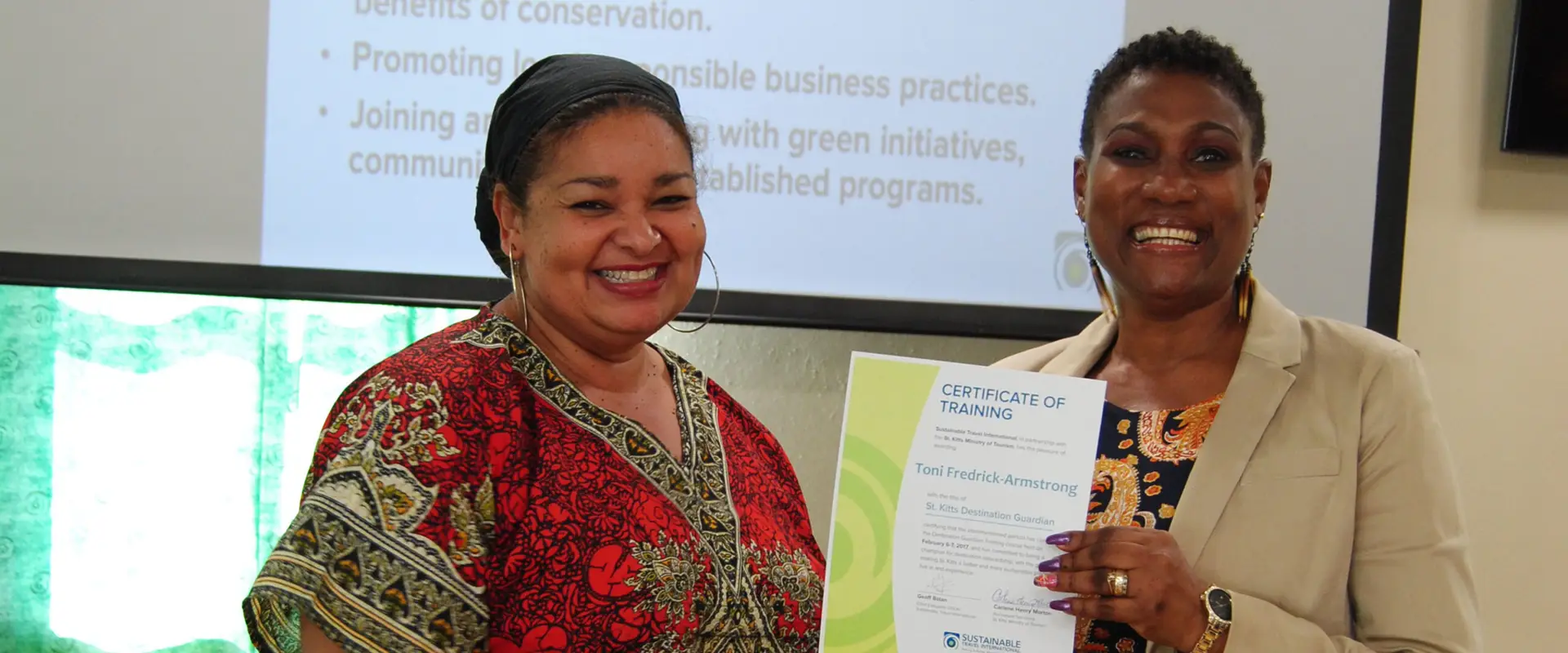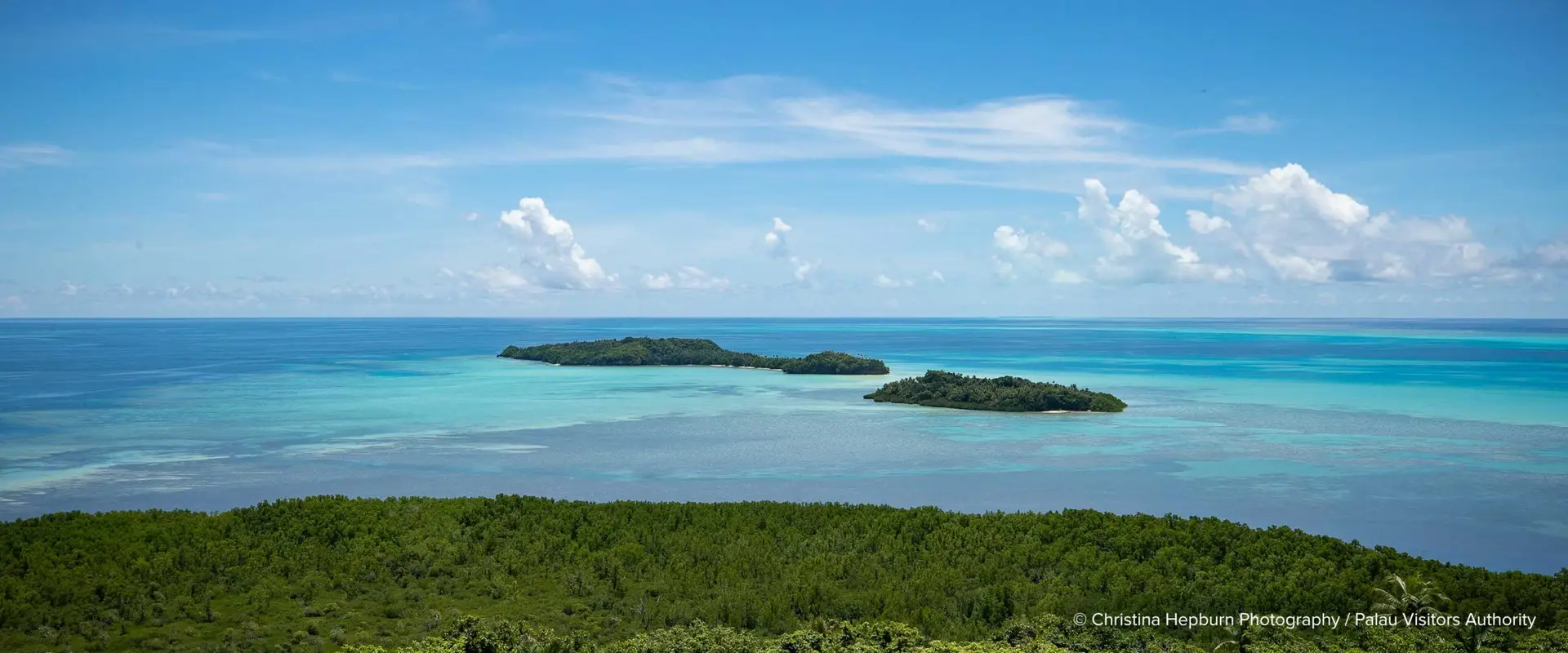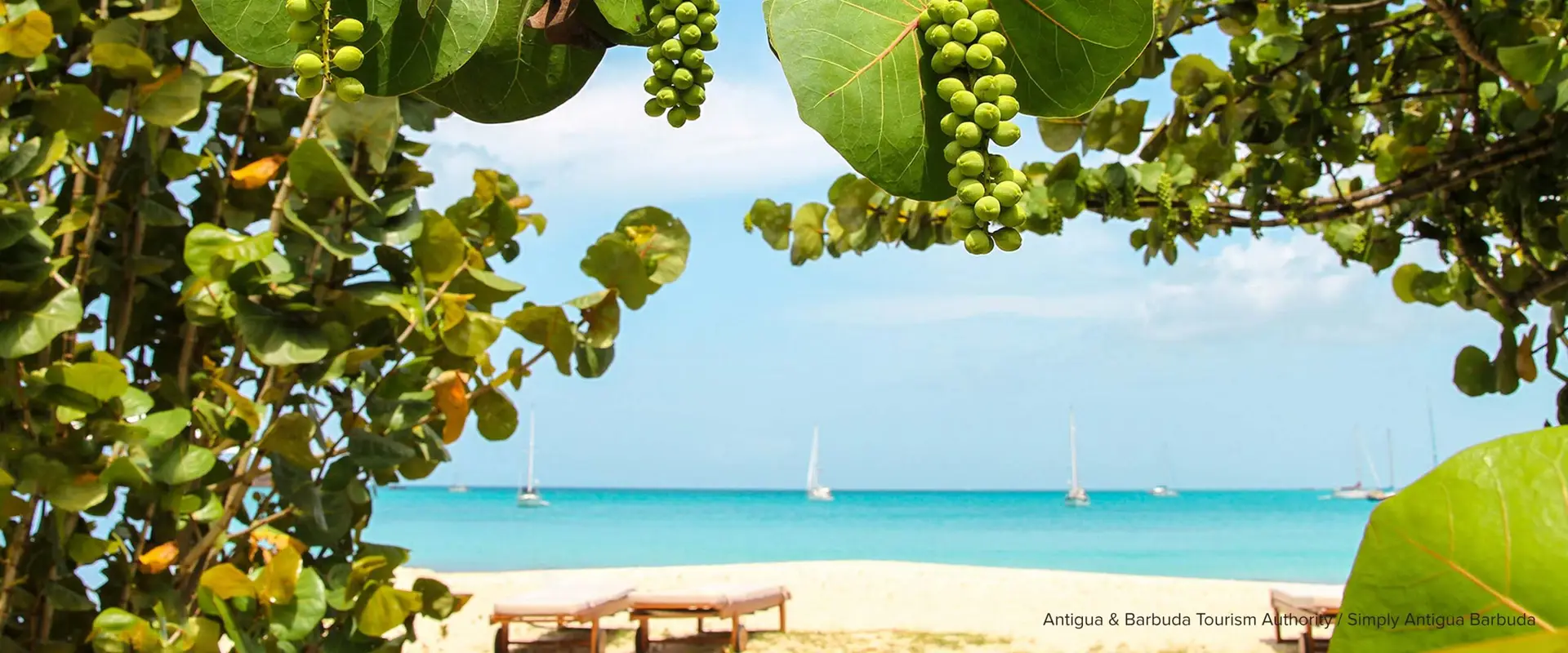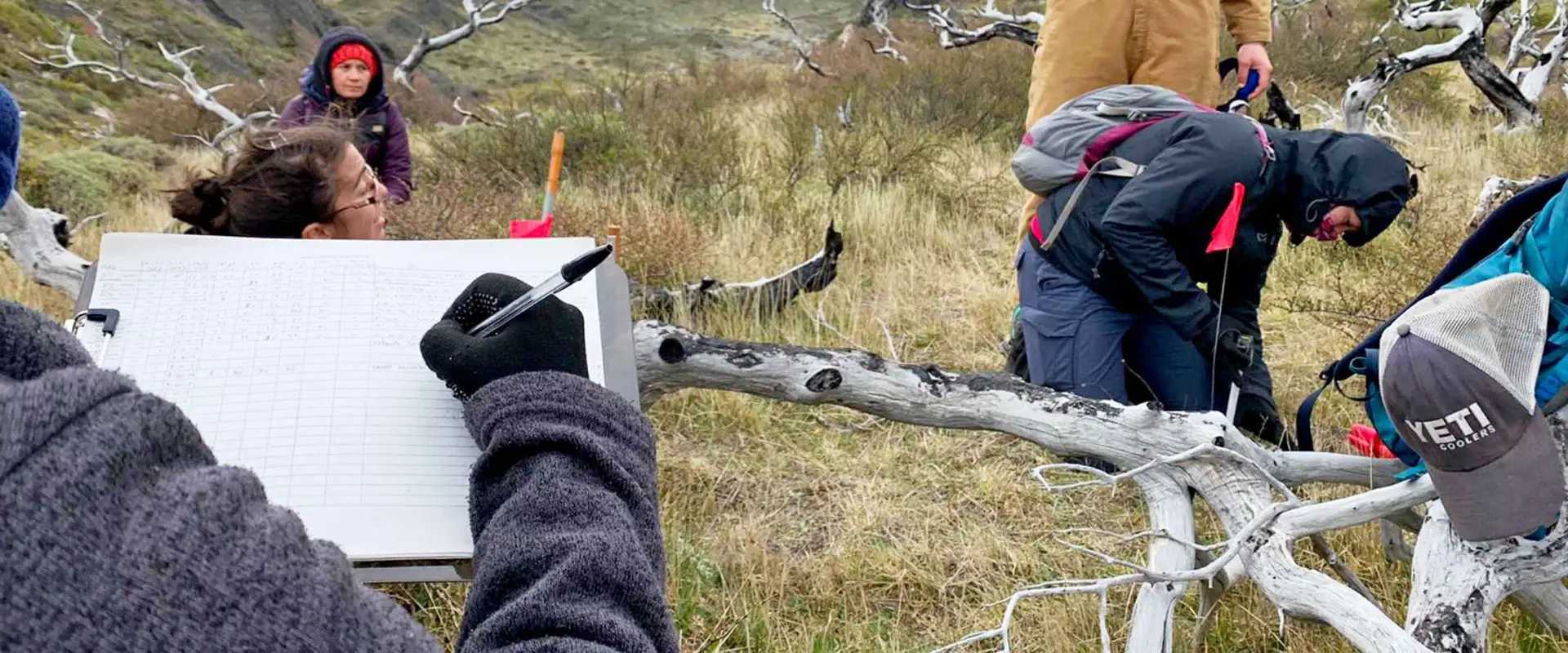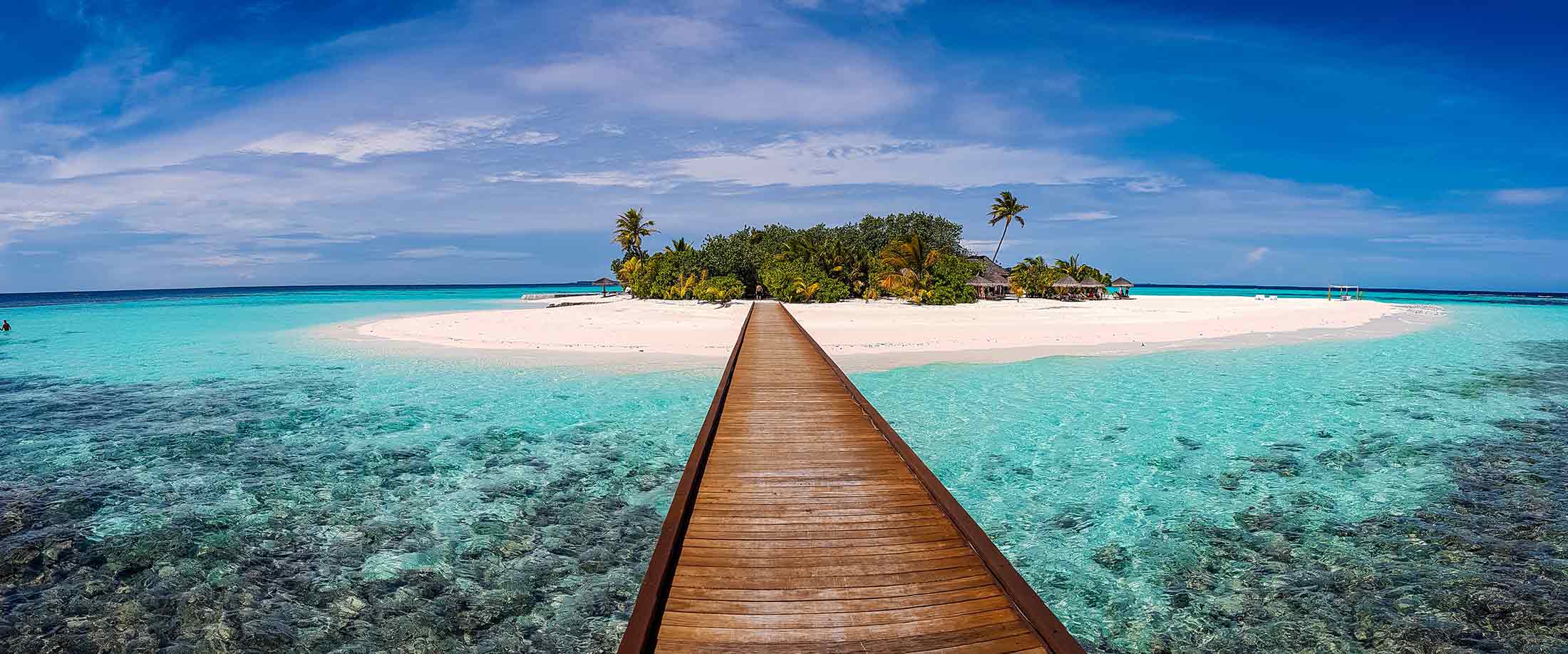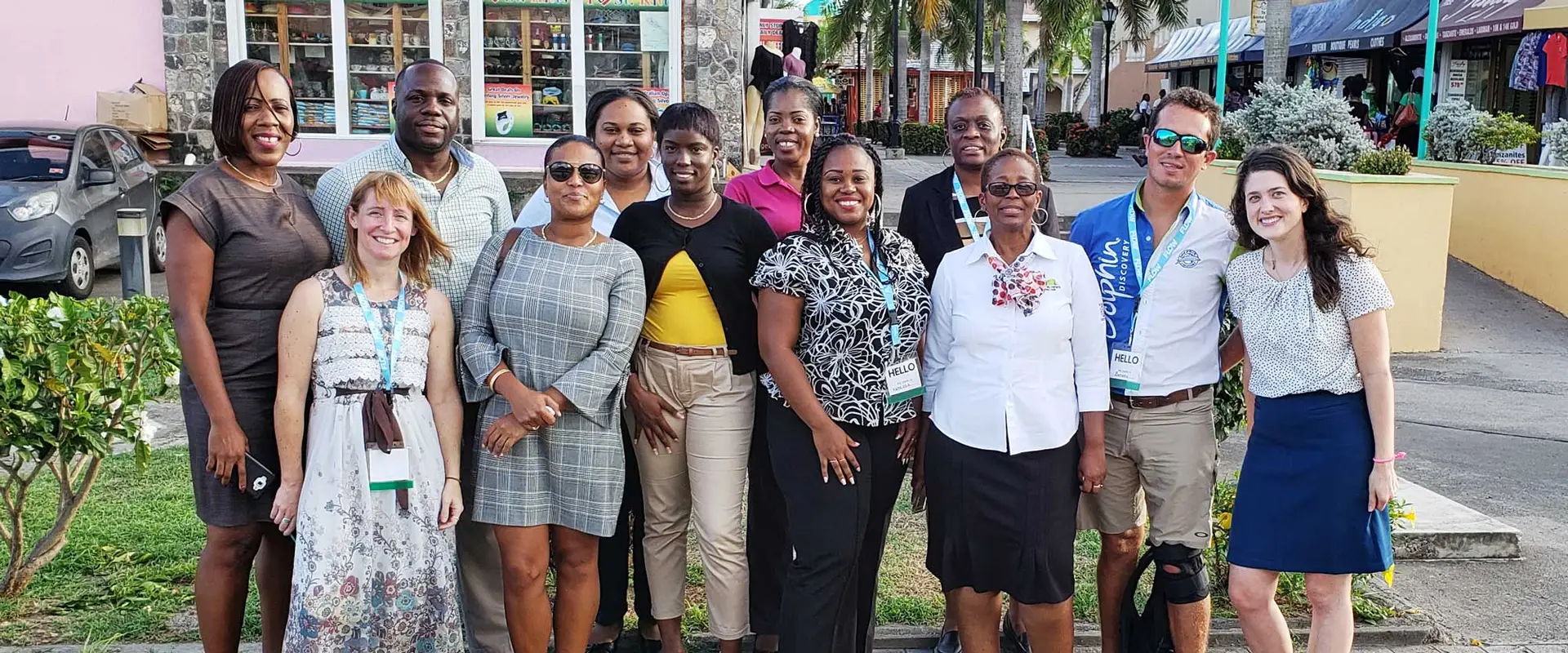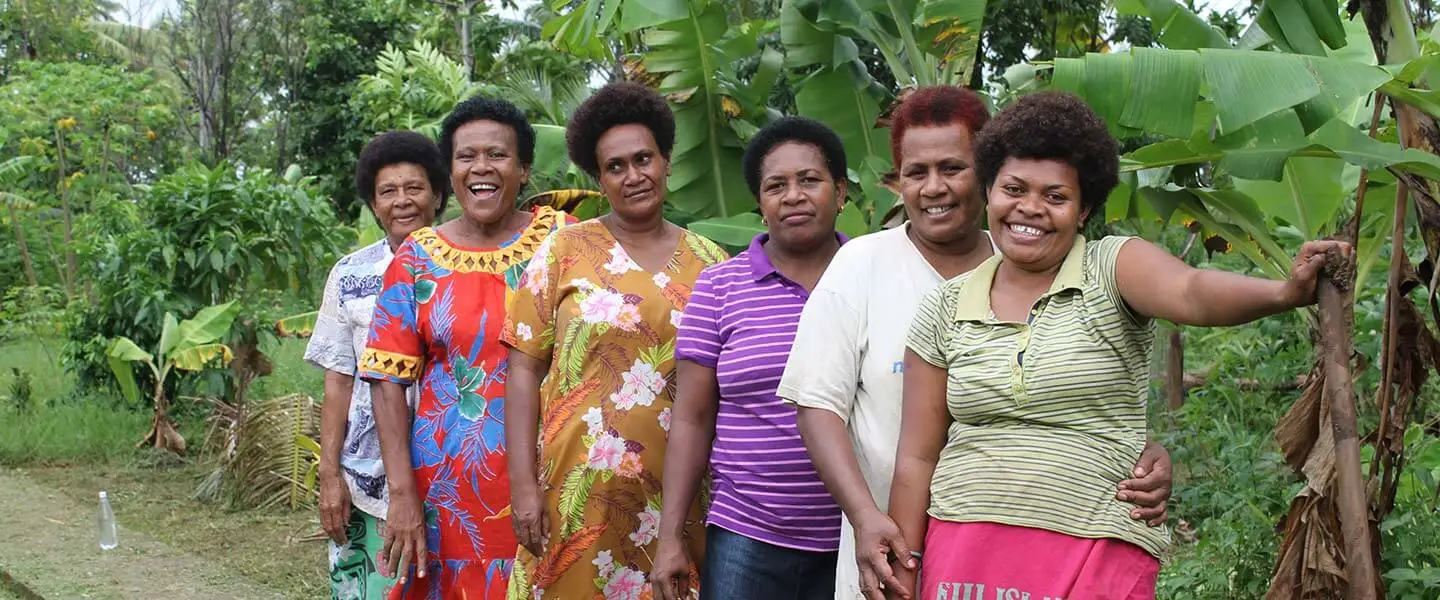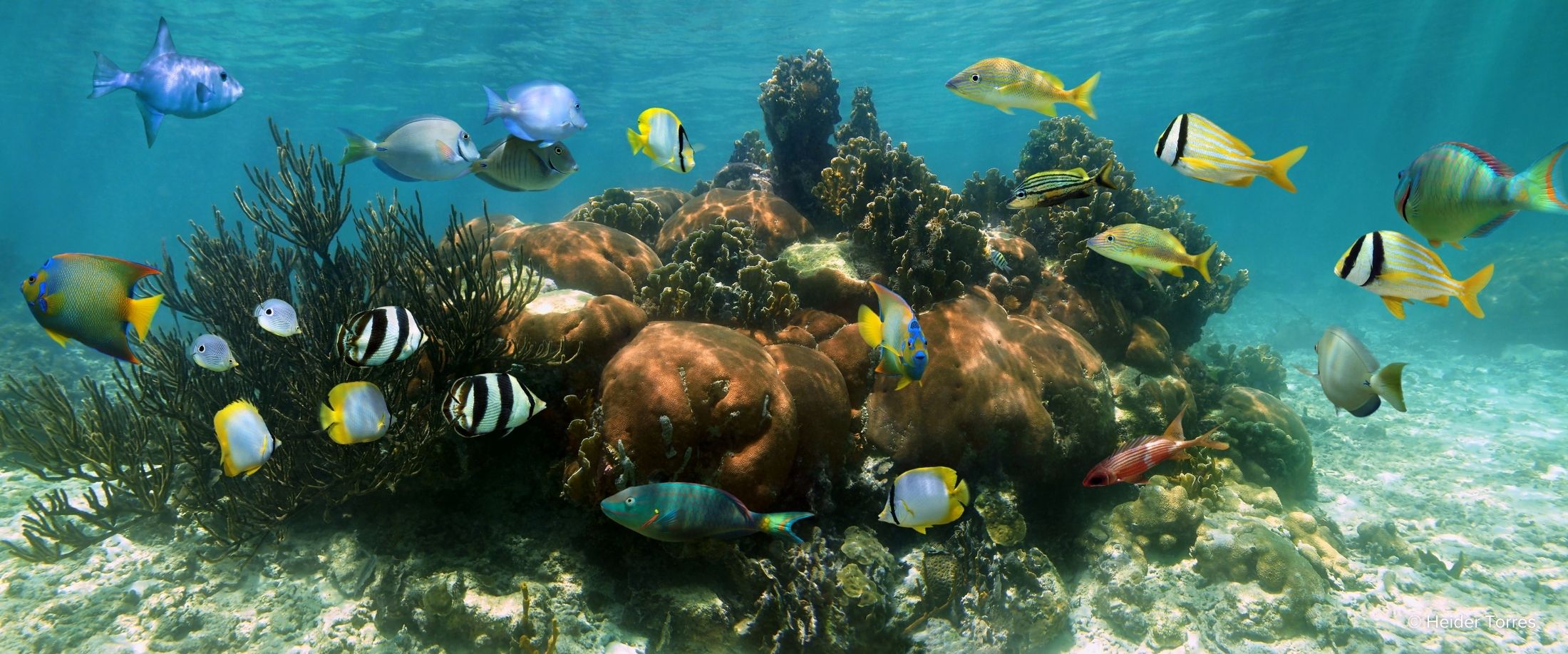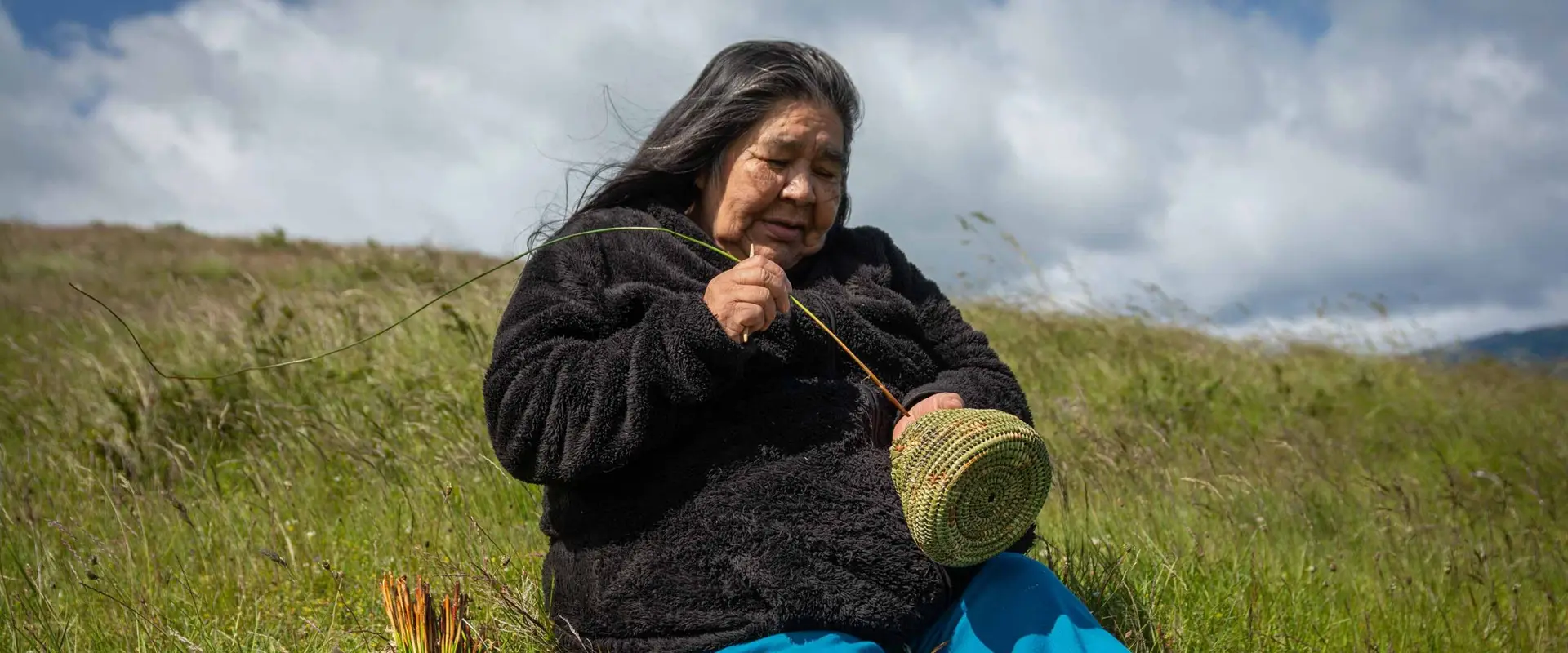This training program for Barbados’s tourism industry focused on reducing tourism’s carbon footprint on the island and building capacity to adapt to climate change.
Barbados is a small island in the Caribbean that relies on tourism for a large portion of its income. Many Bajans own their own tourism companies, and countless others work for larger hospitality corporations. Tourism supports 33% of the country’s jobs, making it a vital source of income for many residents.
The island relies on its pristine beaches, sprawling coral reefs, and natural beauty to attract visitors. Protecting these areas is essential to the country’s social and economic well-being. Climate change brings a new set of challenges and threats that make the need for sustainable tourism more present than ever.
As climate change accelerates, small islands like Barbados are extremely vulnerable to its effects, such as rising sea levels and intense tropical storms. Worsening storms cause destruction and make it difficult to transport goods, jeopardizing food security during hurricane season due to the island’s reliance on imported foods. The changing climate exacerbates the influx of sargassum, a seaweed that washes up on beaches in large quantities and negatively impacts the tourist experience. Warmer temperatures also contribute to more frequent droughts, making freshwater a precious resource in Barbados.
Natural ecosystems are crucial in mitigating the impacts of climate change, but these resources have been severely depleted in Barbados. Many of the mangroves that once protected the island’s coastline from storm surges and flooding were removed for tourism development, unintentionally diminishing nature’s power to reduce damage. Likewise, nearly all of the island’s tropical forests were cut down in the 15th century to make way for sugar plantations. The loss of these ecosystems leaves the island susceptible and reduces its capacity to absorb climate-warming emissions from the atmosphere.
As global carbon emissions continue to rise, Barbados is not standing idly by. In 2019, Prime Minister Mottley declared that Barbados would implement a national strategy to become carbon neutral by 2030. This includes planting 1 million trees and implementing a plan to foster food security and climate change resilience.
Since tourism is a vital economic driver in Barbados, enhancing the industry’s sustainability is essential to country-wide climate action. The tourism industry must lower its carbon footprint and support initiatives like agroforestry that increase climate resilience. This begins with providing local tourism professionals with the knowledge, tools, and inspiration they need to reduce their environmental impact.
Our Role
In 2022, we partnered with the Barbados Tourism Marketing Incorporated (BTMI) to offer a Net Zero Training for the local tourism industry. Attendees included a range of tourism professionals from hoteliers to transportation providers to attractions. This full-day workshop educated participants about the importance of climate-conscious travel and how they can contribute to climate mitigation and adaptation in the tourism sector.
Through a combination of informational presentations, group discussions, interactive exercises, and a field trip, participants learned about:
- The impacts of climate change on small island destinations, including real-life examples from Barbados
- The growing demand for climate-friendly travel experiences
- How travel contributes to climate change and an overview of Sustainable Travel International’s proprietary carbon measurement tools for hotels, restaurants, and tour operators
- Steps on how to reduce the carbon footprint of their business and incorporate adaptation measures to minimize the risks of climate change
- The importance of climate financing, including what carbon offsets are
During the workshop, guest speakers shared some of the climate initiatives taking place on the island. For instance, participants learned about a local agrotourism project that is restoring Barbados’s forest cover, increasing its carbon sinks, and boosting local food production. They also heard how sargassum is being safely removed from coastlines and repurposed into plastic alternatives and biofuels, and about a local company that produces drinking water from the air using solar energy.
Participants embarked on field trips to a tourism adventure park, an electric vehicle supplier facility, and an agrotourism project. During these outings, participants witnessed some of Barbados’s climate-friendly practices in person. At the adventure park, participants saw the attraction’s fleet of electric vehicles, water harvesting practices, composting facility, and native plant greenhouse. At the EV facility, participants learned about electric vehicle infrastructure in Barbados. These field trips allowed participants to connect with some of Barbados’s most innovative initiatives and see how they can get involved.
This training was just the beginning of Barbados’s climate journey. Watch the video below from our Sustainable Travel: Where Next? docu-series to learn more about Barbados’s sustainable travel efforts.
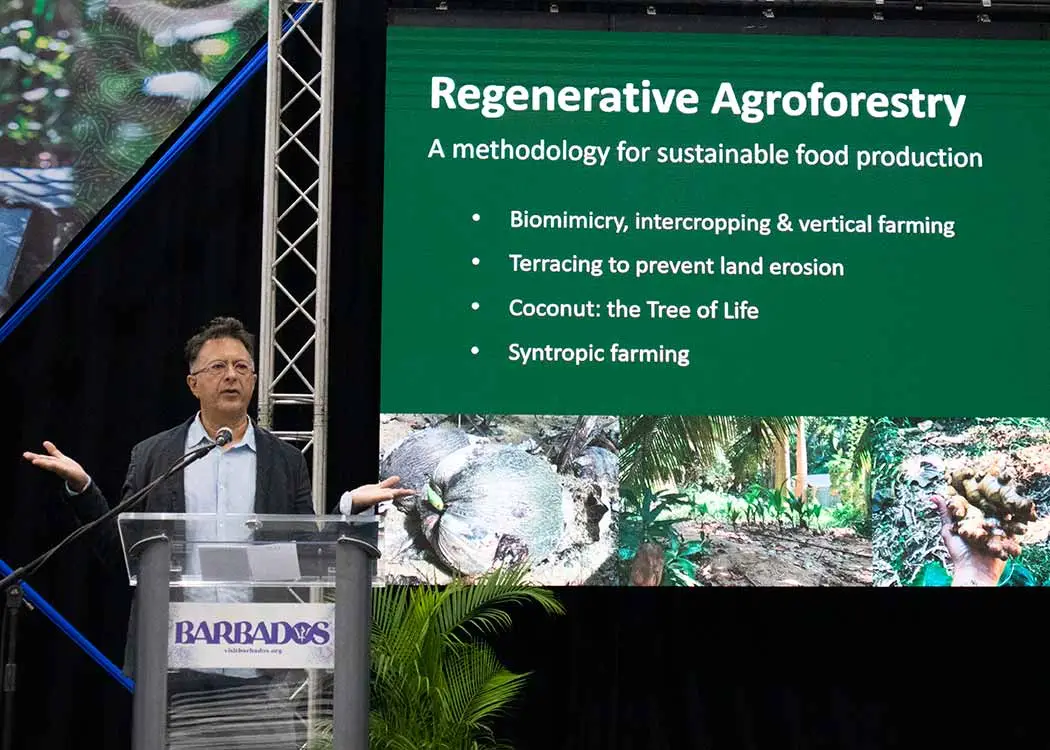
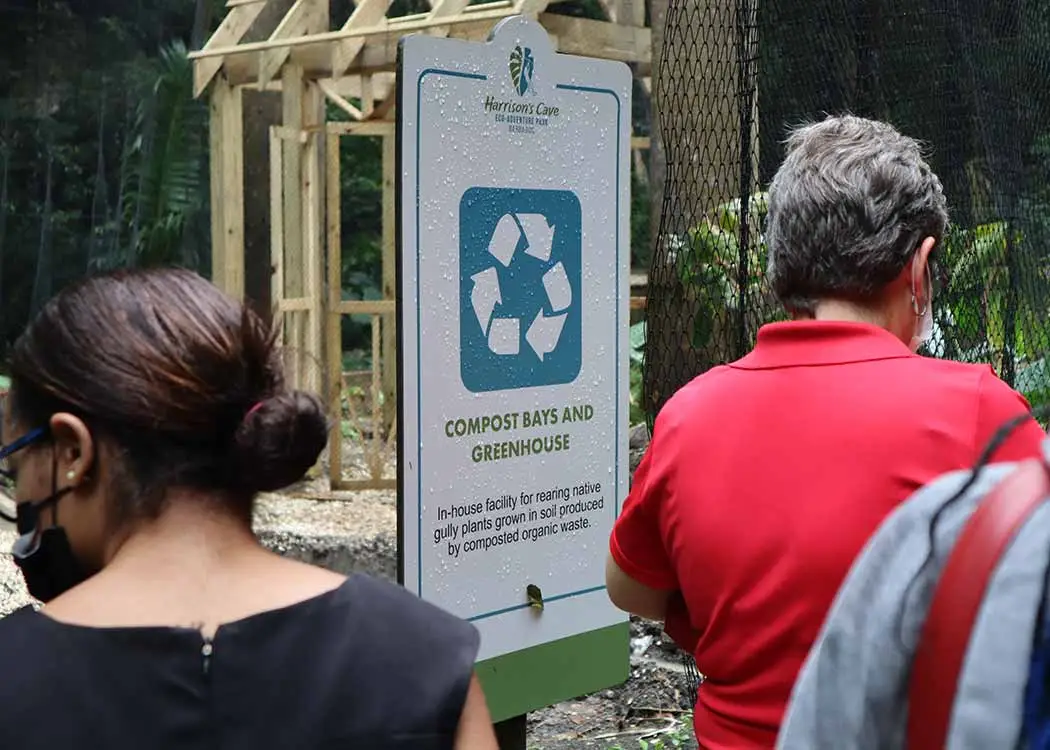
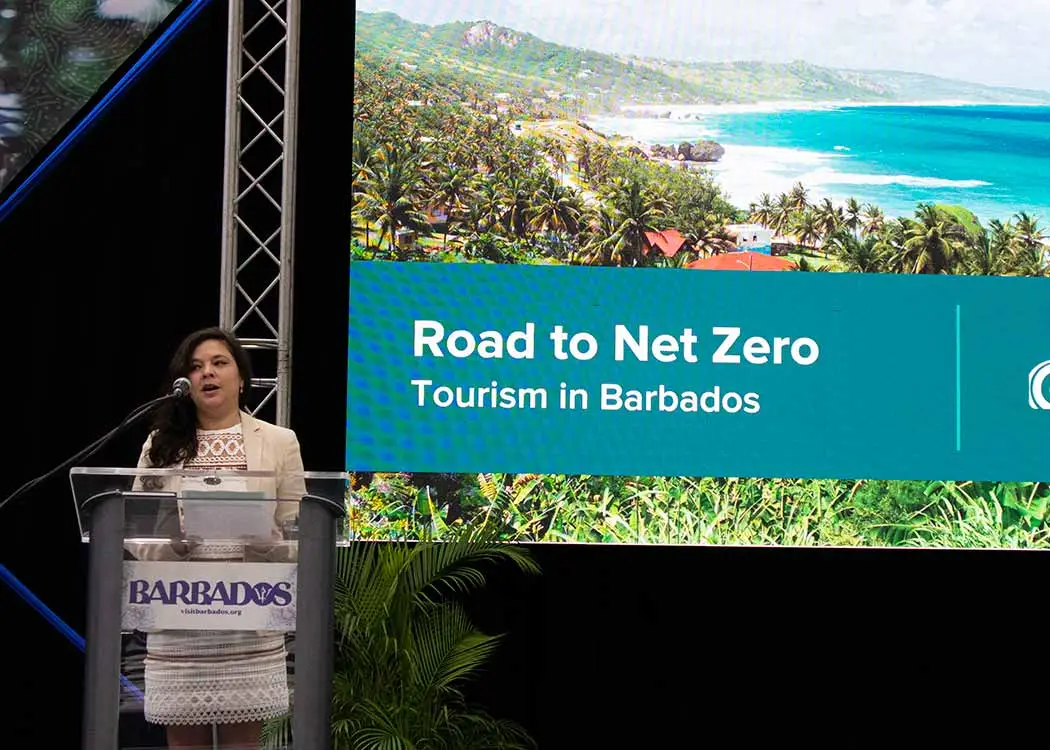
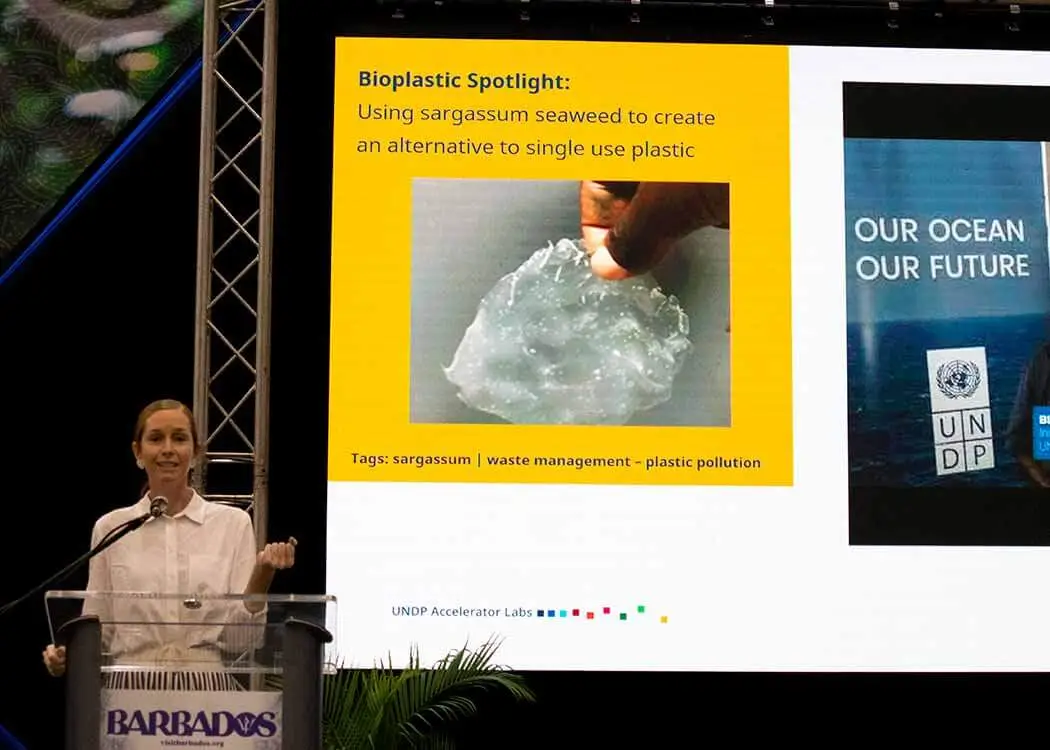
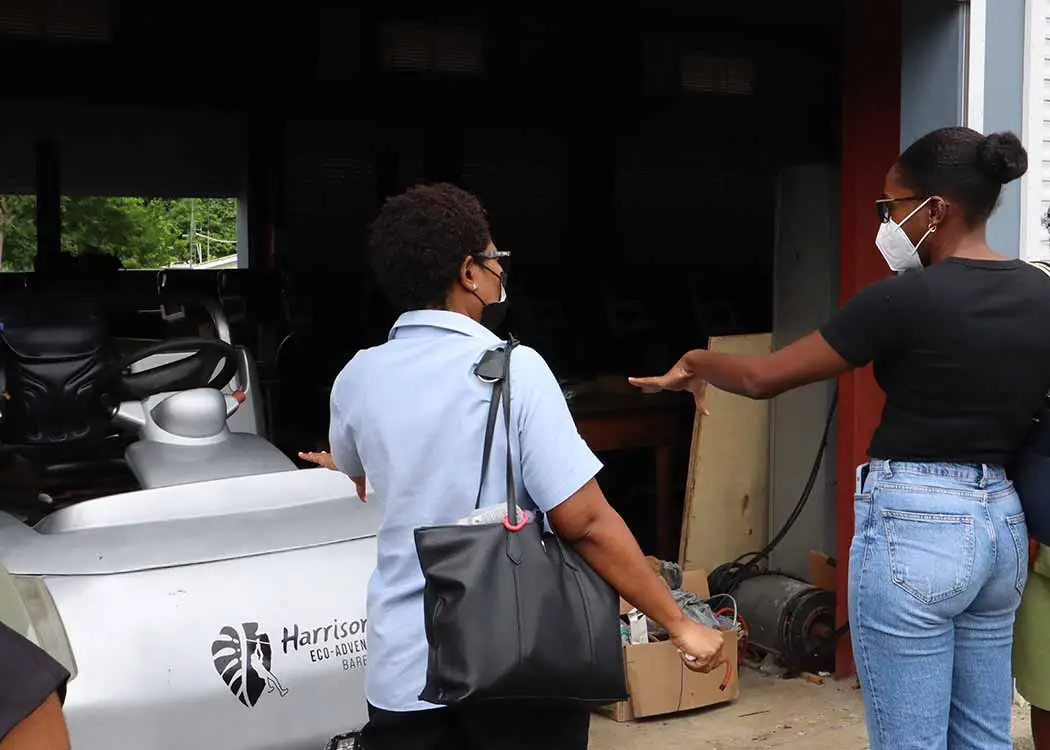
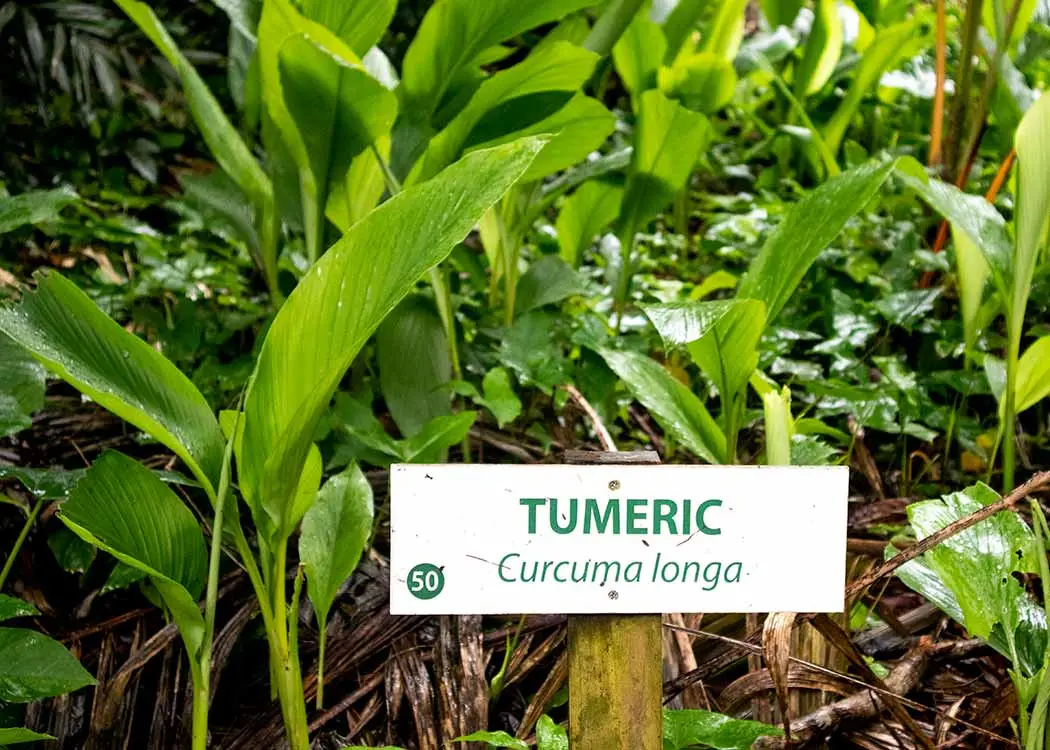
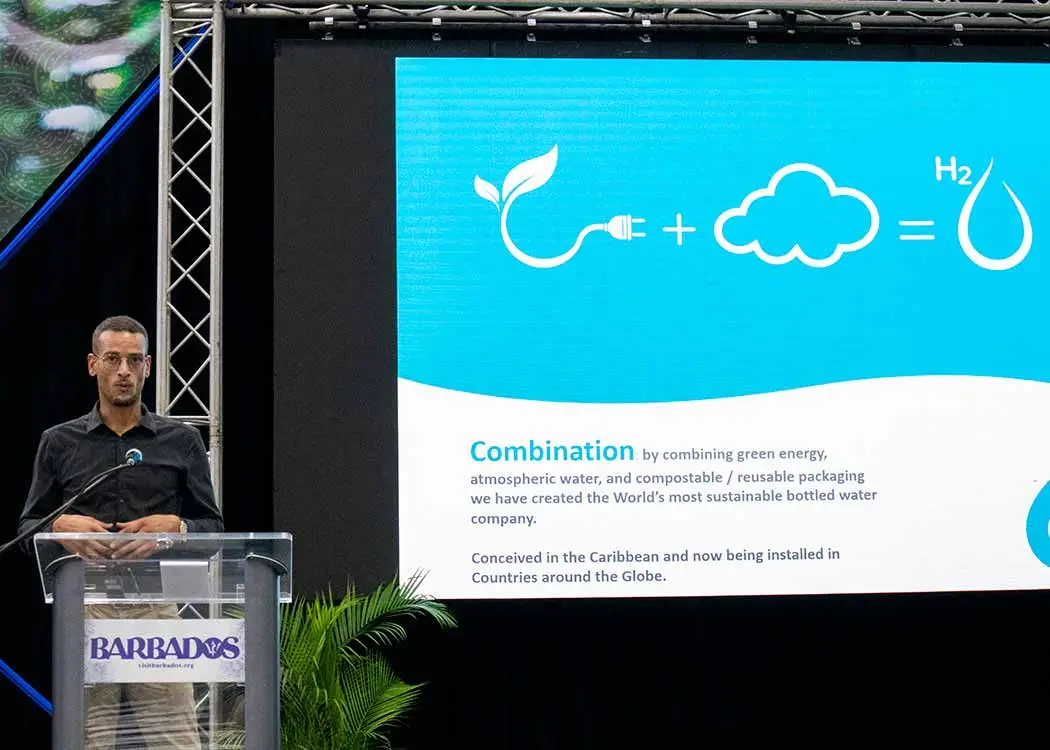
Explore More Destination Projects
Protect the Places You Love
Help conserve our planet’s most vulnerable destinations and empower the people who live there. Join the movement today.





